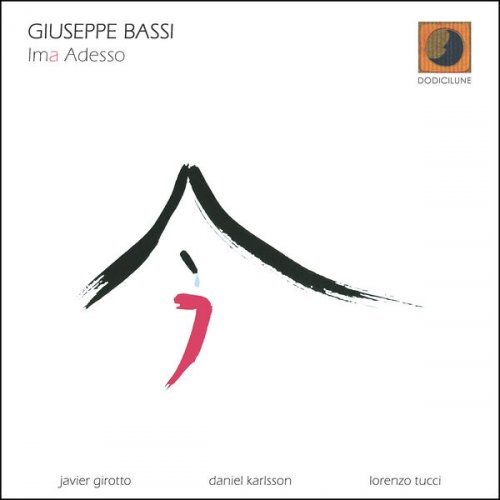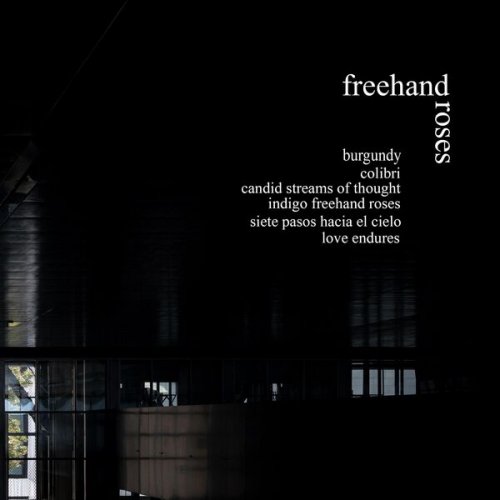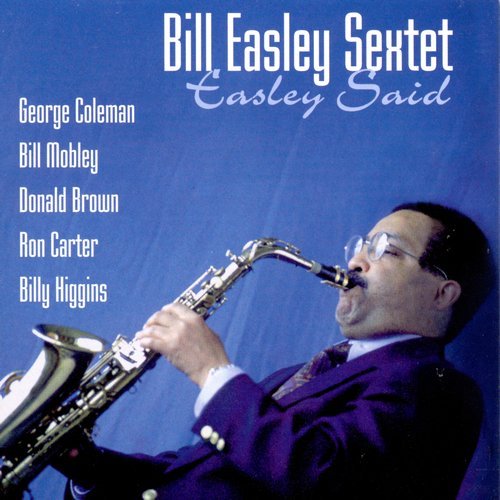Giovanni Felice Sances, Girolamo Kapsberger, Luigi Rossi - Giovanni Felice Sances: Dulcis Amor Iesu (2010)
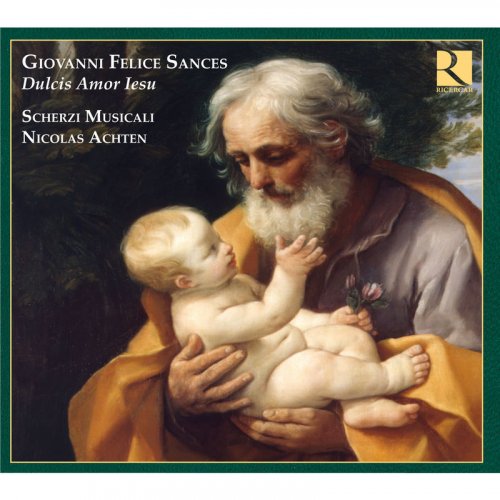
Artist: Giovanni Felice Sances, Girolamo Kapsberger, Luigi Rossi
Title: Giovanni Felice Sances: Dulcis Amor Iesu
Year Of Release: 2010
Label: Ricercar
Genre: Classical
Quality: flac lossless +Booklet
Total Time: 01:13:10
Total Size: 383 mb
WebSite: Album Preview
TracklistTitle: Giovanni Felice Sances: Dulcis Amor Iesu
Year Of Release: 2010
Label: Ricercar
Genre: Classical
Quality: flac lossless +Booklet
Total Time: 01:13:10
Total Size: 383 mb
WebSite: Album Preview
01. Iubient in caelis (Extrait de Motetti à une, due, tre, e quattro voci)
02. Iste confessor domini colentes (Extrait de Motetti à une, due, tre, e quattro voci)
03. Dulcis amor Iesu (Extrait de Motetti à une, due, tre, e quattro voci)
04. Toccata prima (Extrait de Libro Quarto d'intavolatura di Chitarone)
05. Salvum me fac (Extrait de Motetti à une, due, tre, e quattro voci)
06. Salve Regina (Extrait de Motetti à une, due, tre, e quattro voci)
07. Ciaccona - Domine ne memineris iniquitatum nostrarum (Extrait de Motetti à une, due, tre, e quattro voci)
08. Stabat mater dolorosa (Extrait de Motetti à voce sola)
09. Ritornello (Extrait de L'Orfeo)
10. Vulnerasti cor meum (Extrait de Motetti à une, due, tre, e quattro voci)
11. Toccata settima (Extrait de Toccata e' corente d'Intavolatura d'organo e cembalo)
12. O Iesu mi dulcissime (Extrait de Motetti à une, due, tre, e quattro voci)
13. Magnificemus in cantico (Extrait de Motetti à une, due, tre, e quattro voci)
14. Ave maris stella (Extrait de Motetti à une, due, tre, e quattro voci)
15. Laudemus viros gloriosos (Extrait de Motetti à une, due, tre, e quattro voci)
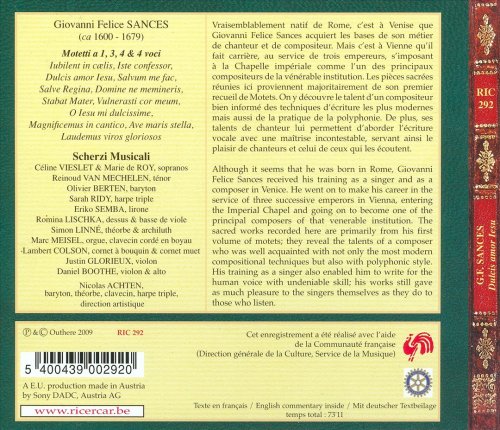
Belgium's Ricercar label has issued top-notch performances of a great deal of 17th century music that without its efforts would have remained obscure. The good news continues with this album of music by Giovanni Felice Sances, an Italian trained in Venice who went on to serve the Habsburg monarchy in Vienna. His motets, for a solo voice up to a quartet plus continuo, certainly take the music of Monteverdi as a point of departure, but Sances' motets have a sober quality that annotator and group leader Nicholas Achten attributes to the Catholicism of the Habsburgs and the lingering influence of the purifying Council of Trent. The motets are fairly simple, oriented toward text intelligibility, and opportunities for vocal display are few in comparison with Monteverdi. Yet Achten somewhat overstates this aspect of the music, and the program as a whole provides a nice example of the ways composers adapted the Monteverdi style to the requirements of the work situations in which they found themselves around Europe. Sances is generally direct, but when he comes to a text with strongly romantic-sexual imagery, such as Dulcis amor Iesu (Jesus, my sweet love, sweet treasure, my beloved, I ask you to pierce me with your arrows, track 3), he responds in kind with an expanded melodic palette. The highlight is Sances' Stabat Mater (track 8), usually sung by a countertenor but here rendered by Achten himself, a baritone. It's a magnificent setting, unfolding with a profound mixture of tragedy and inner logic over 10 1/5 minutes of monodic style. The performances by Achten's group Scherzi Musicali are superb. The large continuo group, including multiple strummed strings and sometimes both harpsichord and organ, are applied not only to the vocal pieces but also to various instrumental toccatas and preludes by other composers, giving them the effect of natural interludes in the program rather than intrusions from a whole different genre. Strongly recommended for lovers of the early Baroque. All texts are given in German, French, and English, as well as the original Latin.
![Black Viiolet - Dark Blue (2026) [Hi-Res] Black Viiolet - Dark Blue (2026) [Hi-Res]](https://www.dibpic.com/uploads/posts/2026-02/1771144440_cover.jpg)
![K.D. Lang - Ingénue (25th Anniversary Edition) (1992/2017) [Hi-Res] K.D. Lang - Ingénue (25th Anniversary Edition) (1992/2017) [Hi-Res]](https://www.dibpic.com/uploads/posts/2026-02/1771149710_cover.png)
![Katrine Schmidt - Wearing My Heart On My Sleeve (2026) [Hi-Res] Katrine Schmidt - Wearing My Heart On My Sleeve (2026) [Hi-Res]](https://www.dibpic.com/uploads/posts/2026-02/1771145515_ugcrf0sr2pkvk_600.jpg)
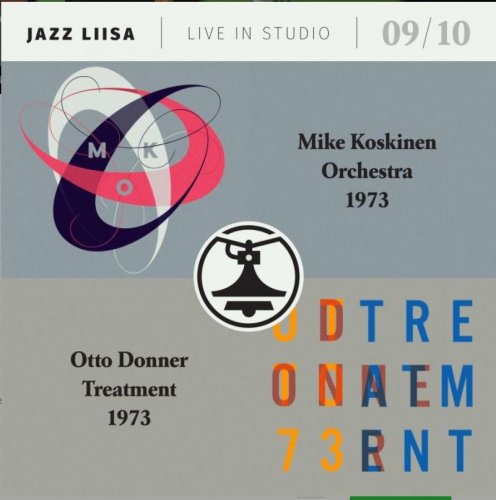
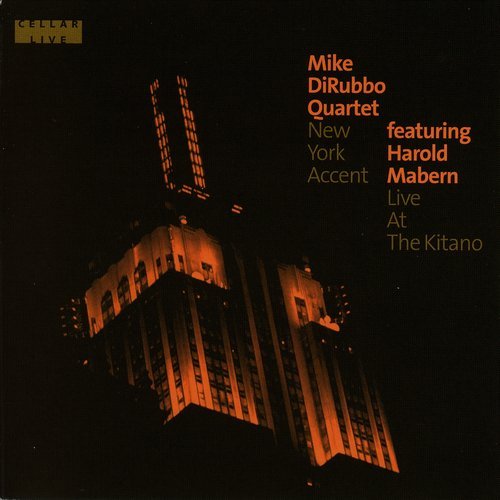
![Johannes Enders - Standard Questions (2026) [Hi-Res] Johannes Enders - Standard Questions (2026) [Hi-Res]](https://www.dibpic.com/uploads/posts/2026-02/1771328675_folder.jpg)
